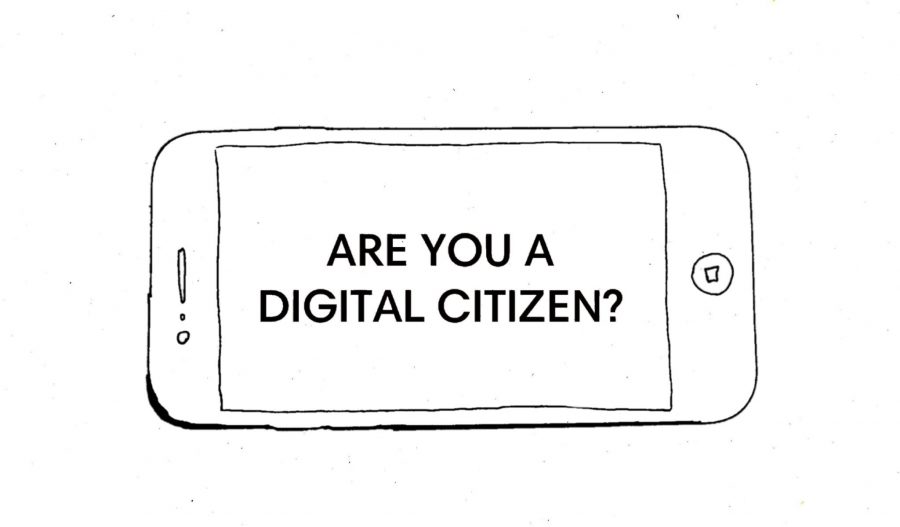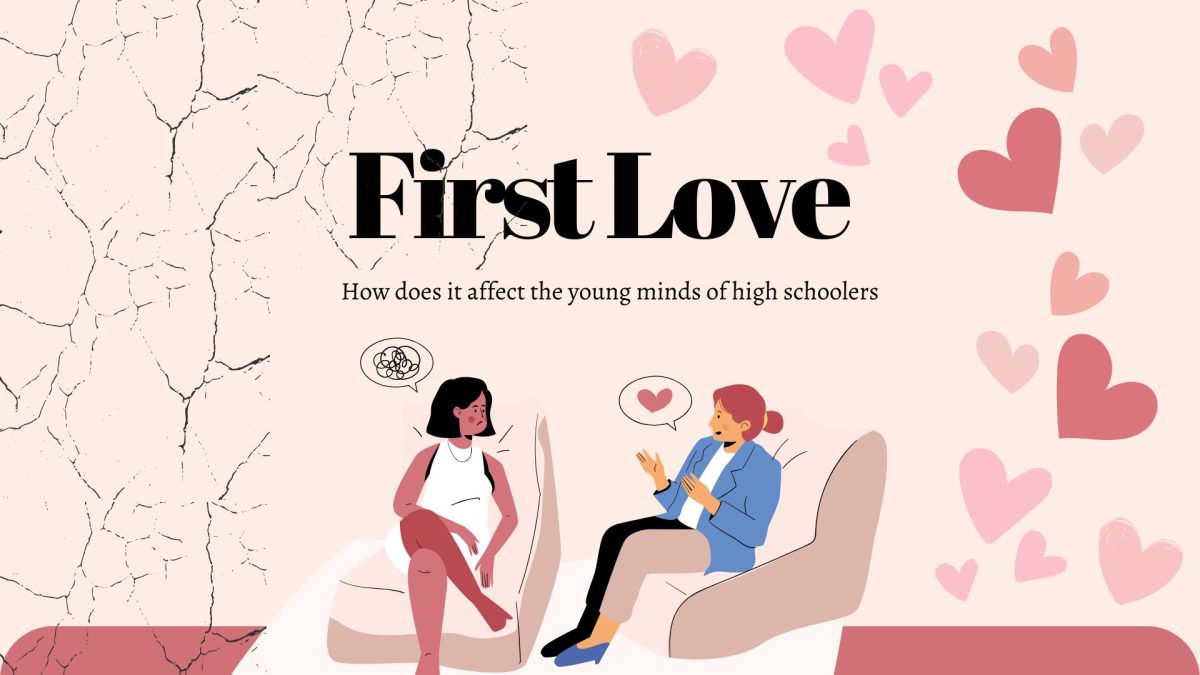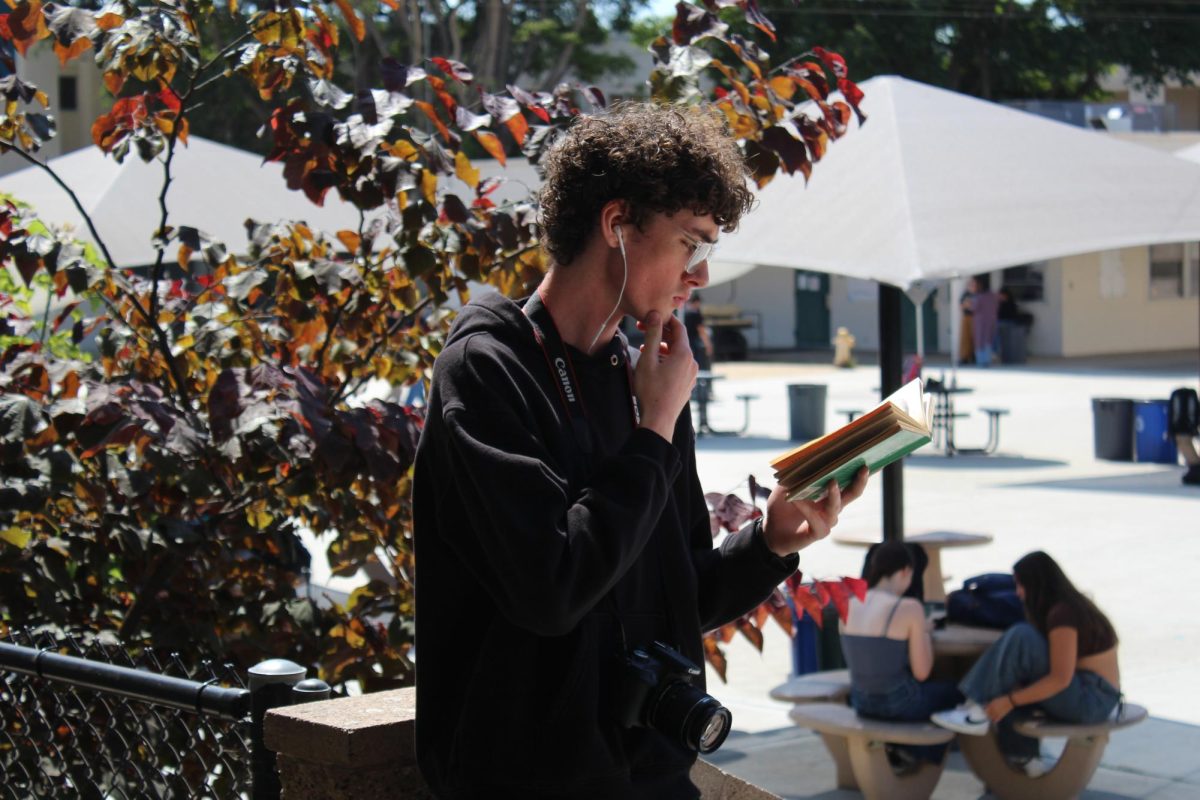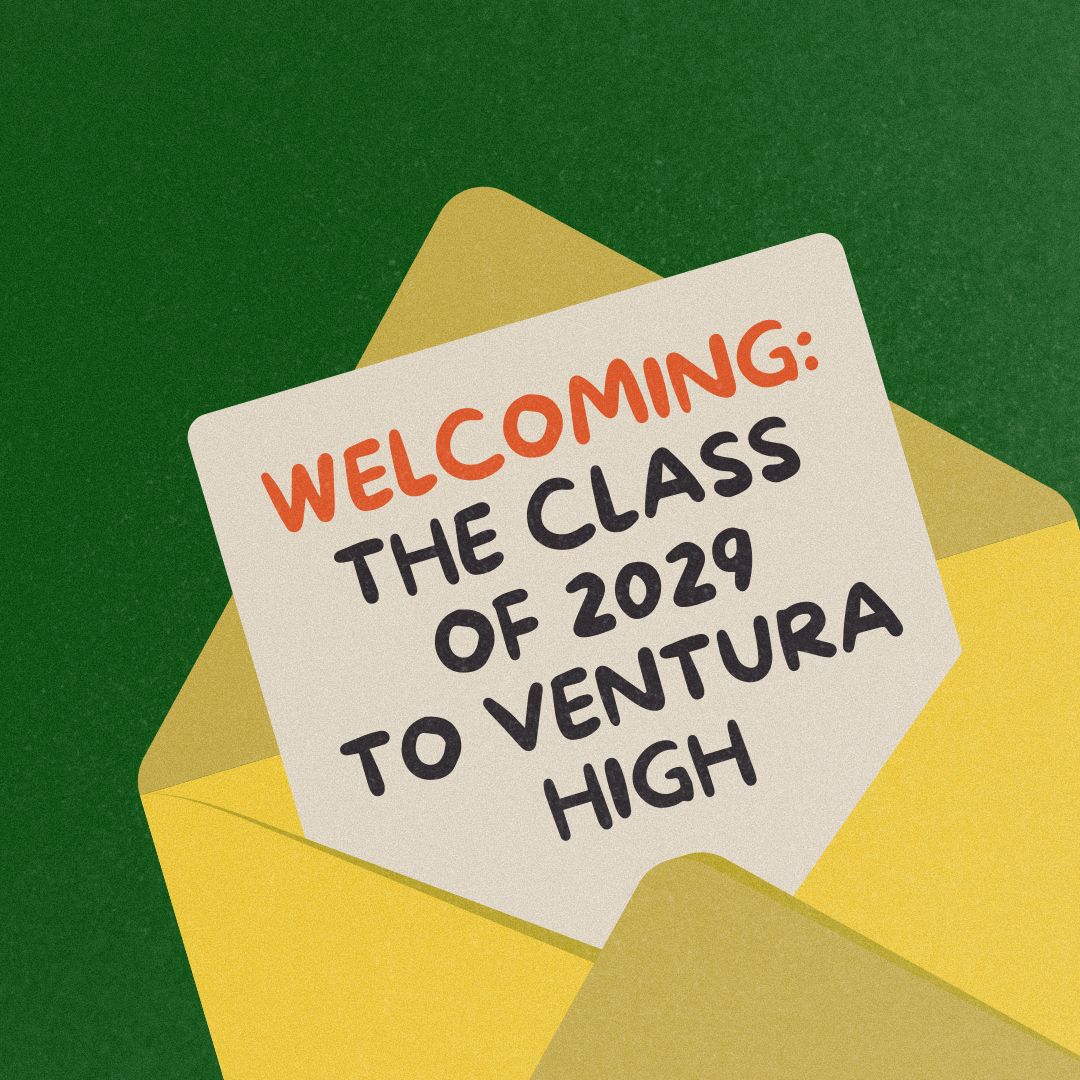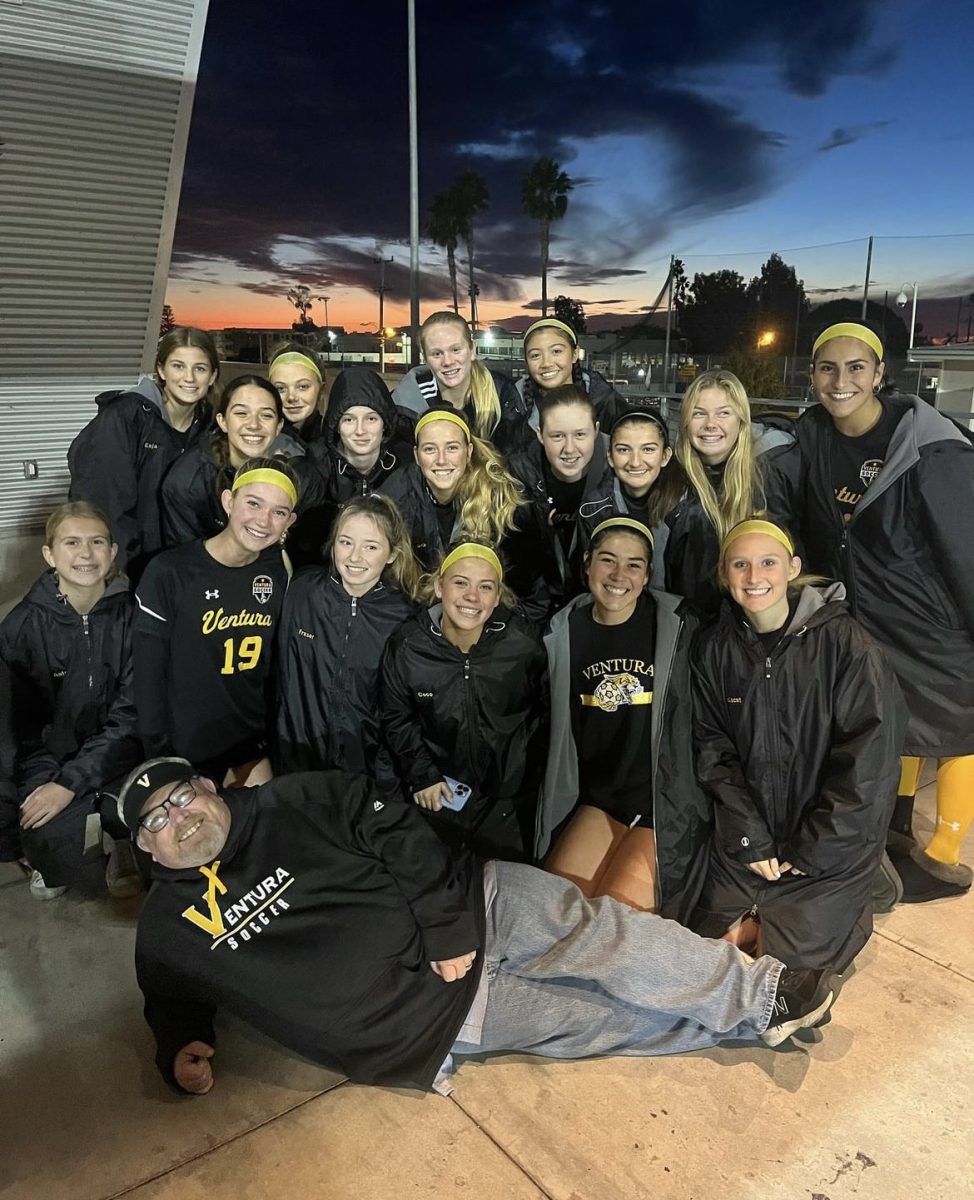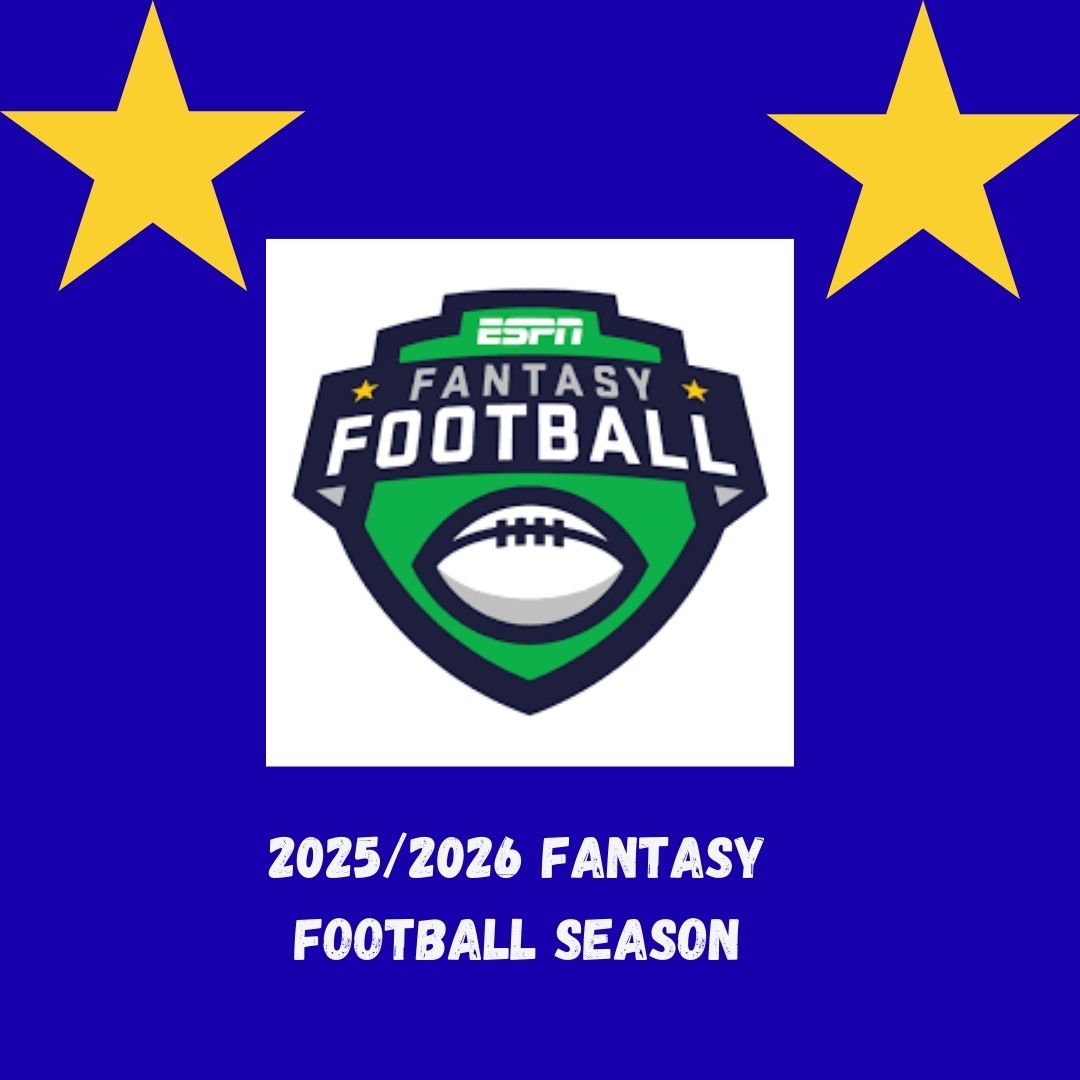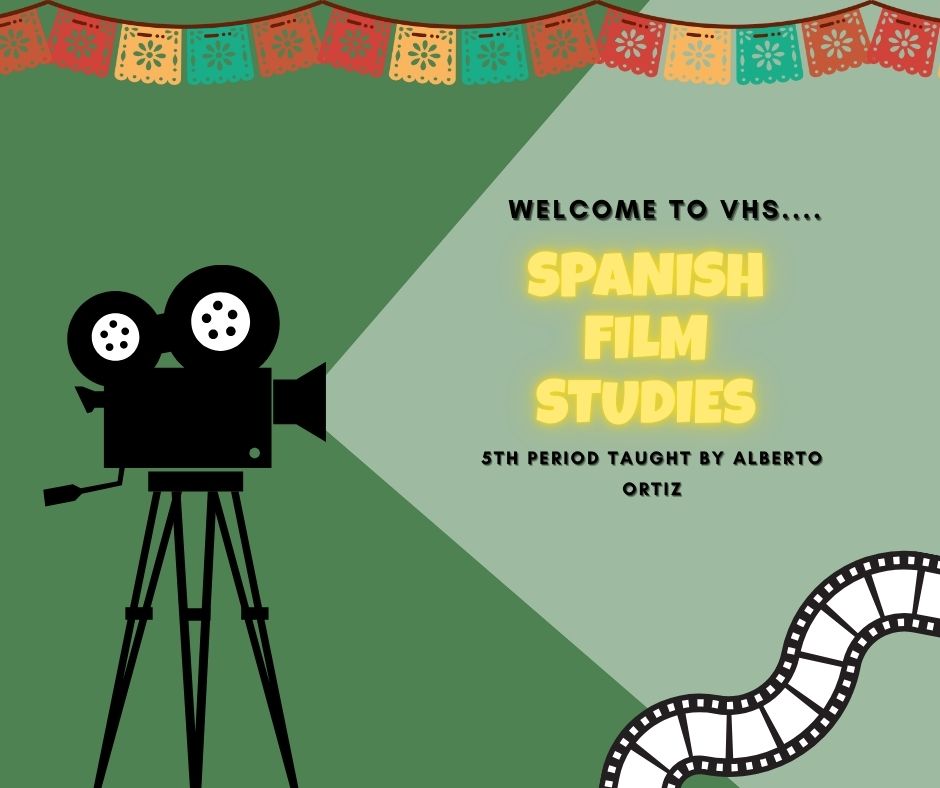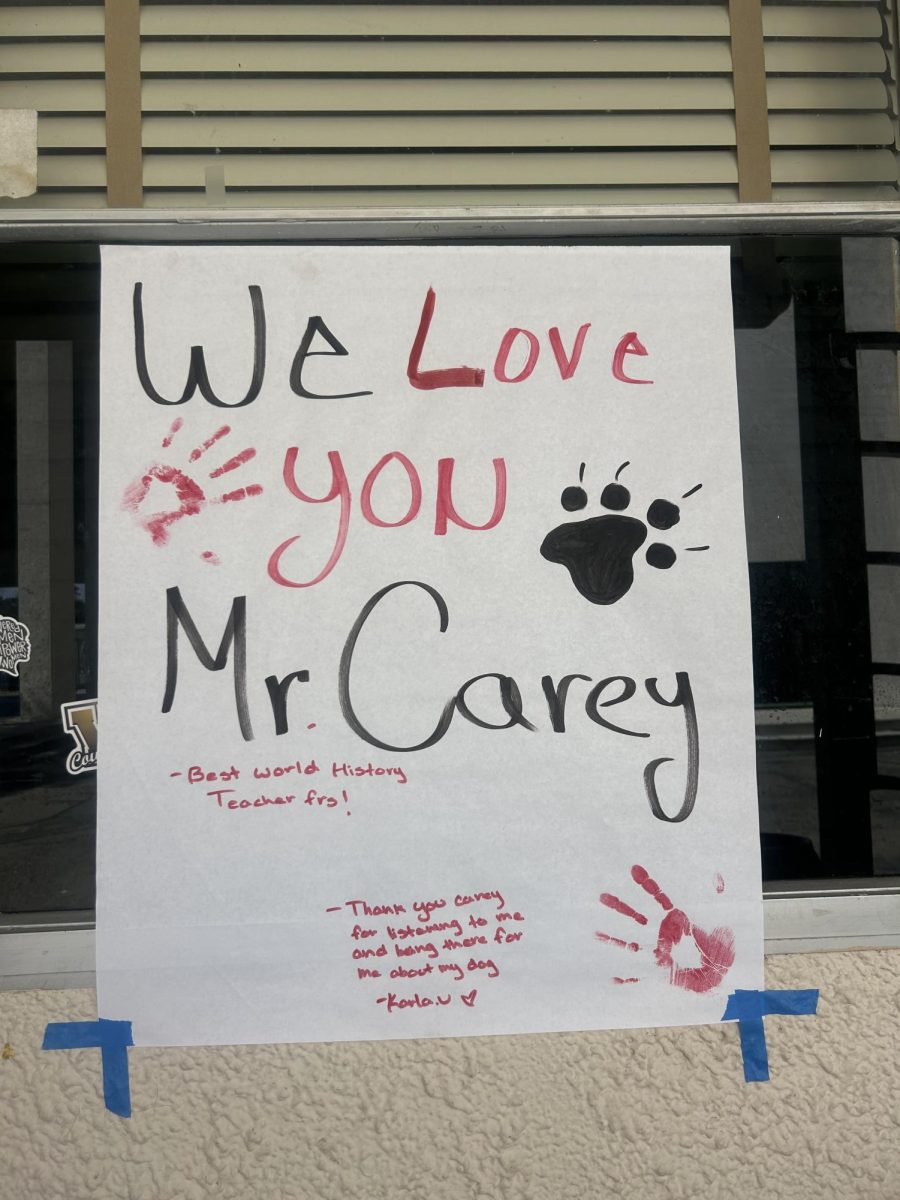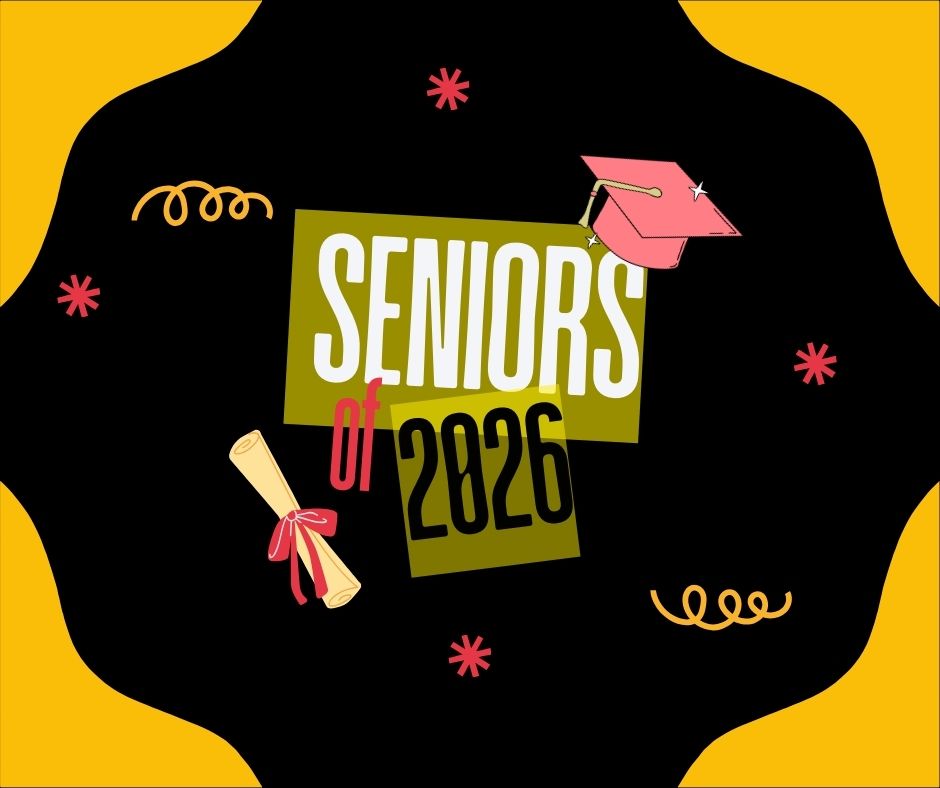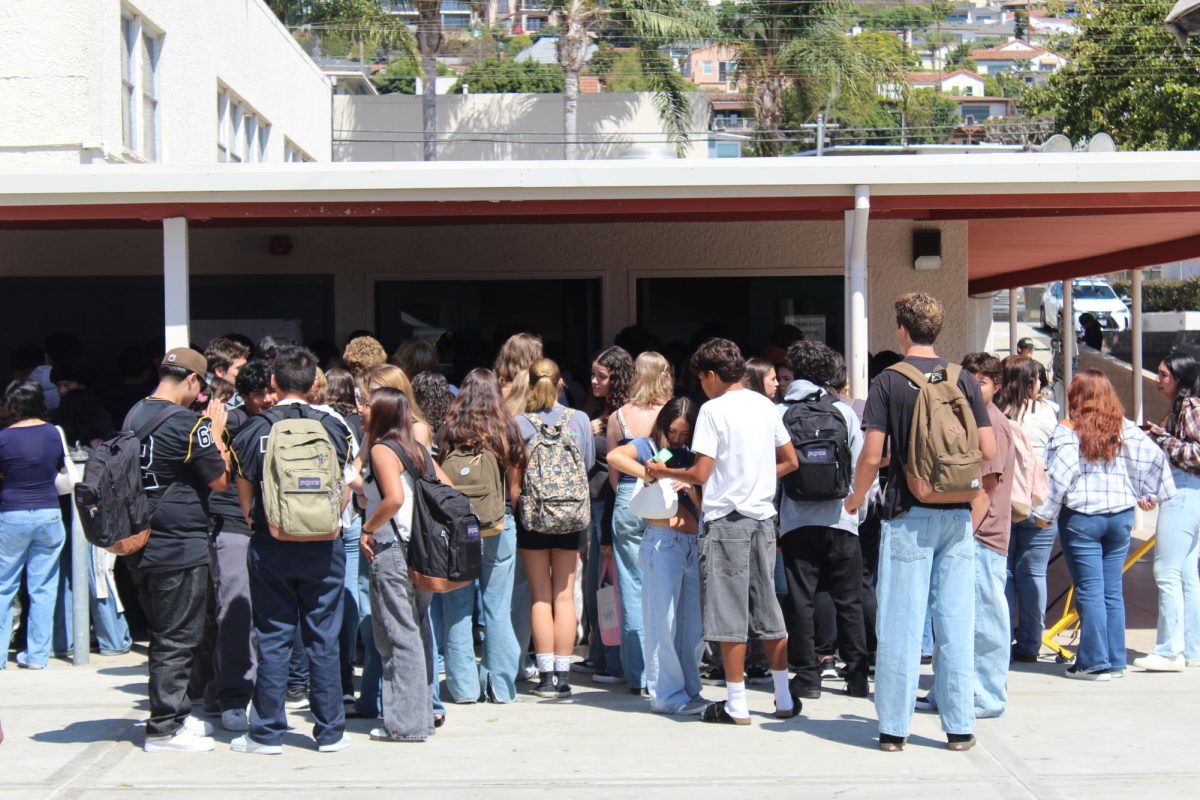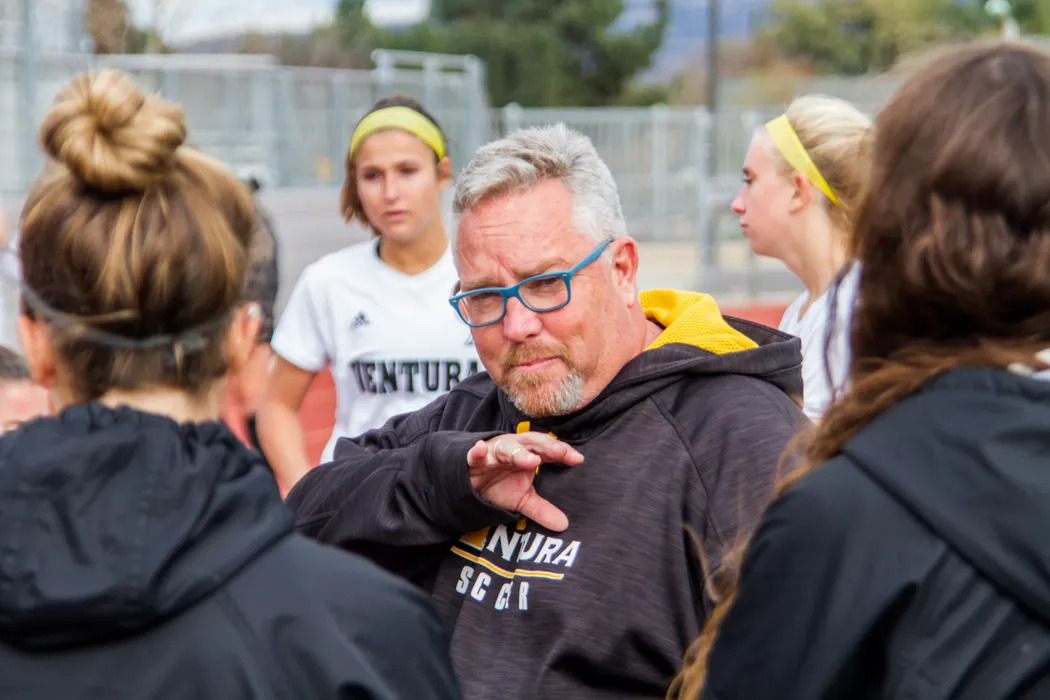According to Dictionary.com, a digital citizen is a person who develops the skills and knowledge to effectively use the Internet and other digital technology, especially in order to participate responsibly in social and civic activities.
The Ventura Unified School District gave Ventura High School teachers lessons on Digital Citizenship and expected them to teach the lessons to their students. Some teachers feel this subject is important, therefore, met the District’s expectations, however, other teachers have disagreed with the program and have not taught Digital Citizenship within their classes.
Chris Murphy, assistant principal of VHS, stated, “Digital Citizenship is a program that the school and the district adopted. [Part of the program] is teaching Digital Citizenship lessons to students, preparing them for life online, where people do not have their best interest at heart, where students who do not have the maturity of judgement might do things or say things online that can literally haunt them for the rest of their lives,” Murphy also added, “… we have seen it happen, and it’s happened all around this country and it’s happening probably even today some small school somewhere somebody is being destroyed [of their] reputation, their self-respect [and] respect for others because of something somebody says or something they themselves do etcetera. [Therefore], Digital Citizenship is a program used to combat, as best as we can, how to conduct yourself online in a civil and safe way…”
Greg Raney, an English teacher at VHS, explained his thoughts on Digital Citizenship, “I see [Digital Citizenship] as a way to behave in an appropriate manner online and using devices, whether it be cell phones or computers or social media that protects yourself, protects others, treats people with respect and dignity. It’s the same kind of citizenship as you would practice everyday in your community, it just happens to be a digital community and there are certain risks or different risks that exist online that don’t necessarily exist in the same way offline…”
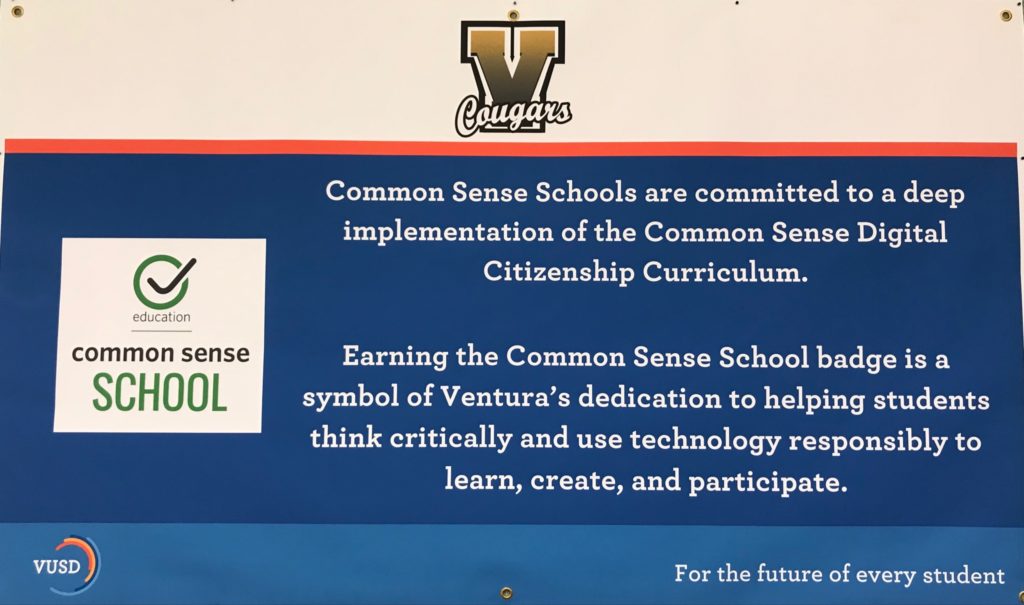
Raney also added, “I think if you think of day-to-day life and what it means to be a citizen in Ventura, or a active member of the high school campus, or even given our election, being an active participant in democracy, that’s citizenship. It’s behaving a certain way to make things better for yourself and others around you and the same idea applies to online communities. Behave in a certain way that makes things better for you and people around you, it’s that simple. But I also think that when you go online, it’s not face-to-face, and the moment that face-to-face interaction disappears and it becomes somewhat anonymous, people feel empowered or emboldened to act differently. It reminds me of being in traffic, on a highway or driving, you act differently in a car than you do on the sidewalk, it’s a difference between the community and the environment changes, [therefore], people are prone to think differently and think that, because they are driving somewhere and they are encapsulated in a car, they are somehow protected from other people’s reactions and their reactions to other people, and so they behave differently than they would passing somebody on the sidewalk or bumping into somebody on the sidewalk or moving around somebody on the sidewalk. There is a parallel in what happens when that face-to-face interaction disappears, and it disappears a lot online…”
Meghan Zero, another English teacher at VHS, shared, “I think the reason why [VUSD] is making English teachers teach [Digital Citizenship] is mainly because we are the people who see our students all the time, everyone is in a English class so it makes the most sense for us to do it.” When asked if Digital Citizenship was important, Zero responded, “I think it’s really important. I worry that the danger is by making it just a one or two or three day thing in our English classes that a lot of students will think that it’s less important because it’s another thing we’re doing in class so like ‘who cares’…”
Murphy concluded, “Digital Citizenship is about how to use the internet in an appropriate way, like citizenship, think about being an American citizen. So being an American citizen you know you take democracy classes, you take American History here and so a part of that American History class is about teaching you what’s expected of you as a citizen… in the same way Digital Citizenship is what kind of expectations really you should put on yourself for conducting yourself in a way that’s going to keep you safe and happy.”



